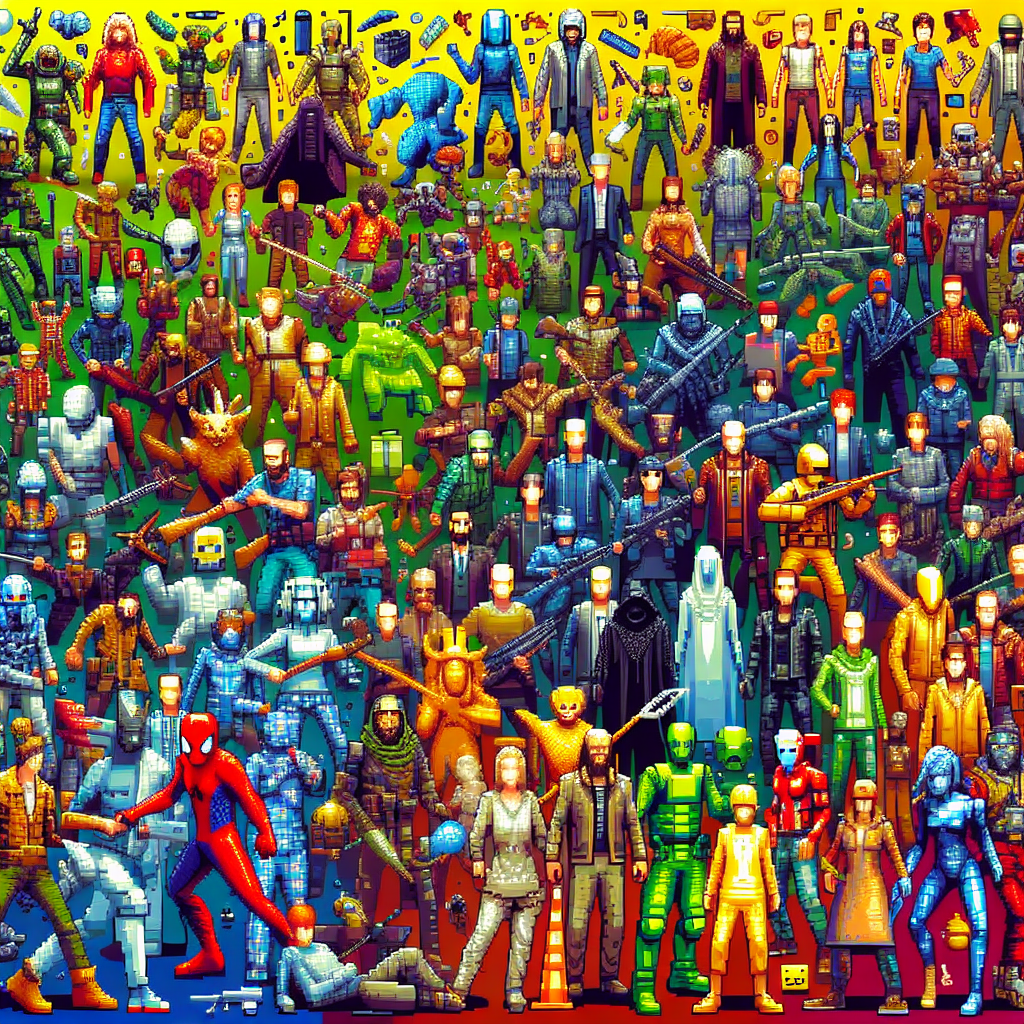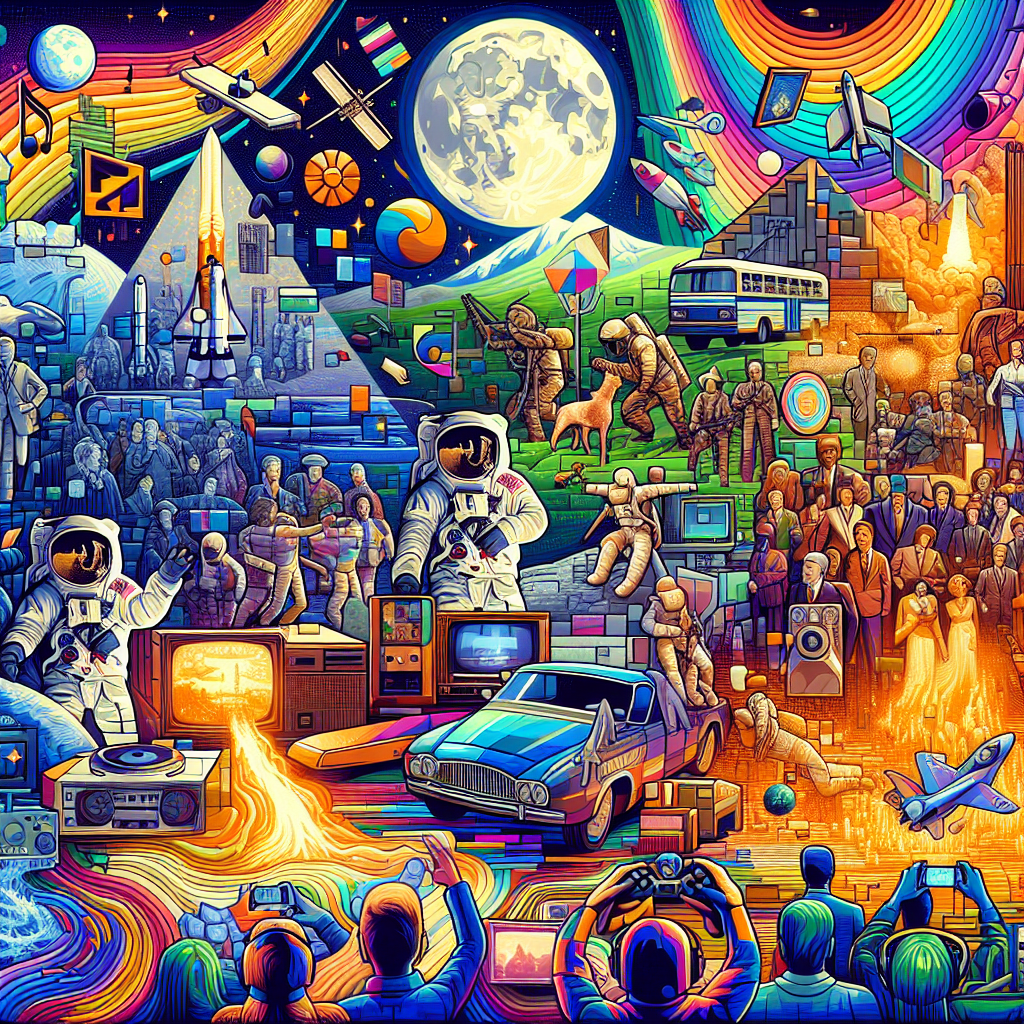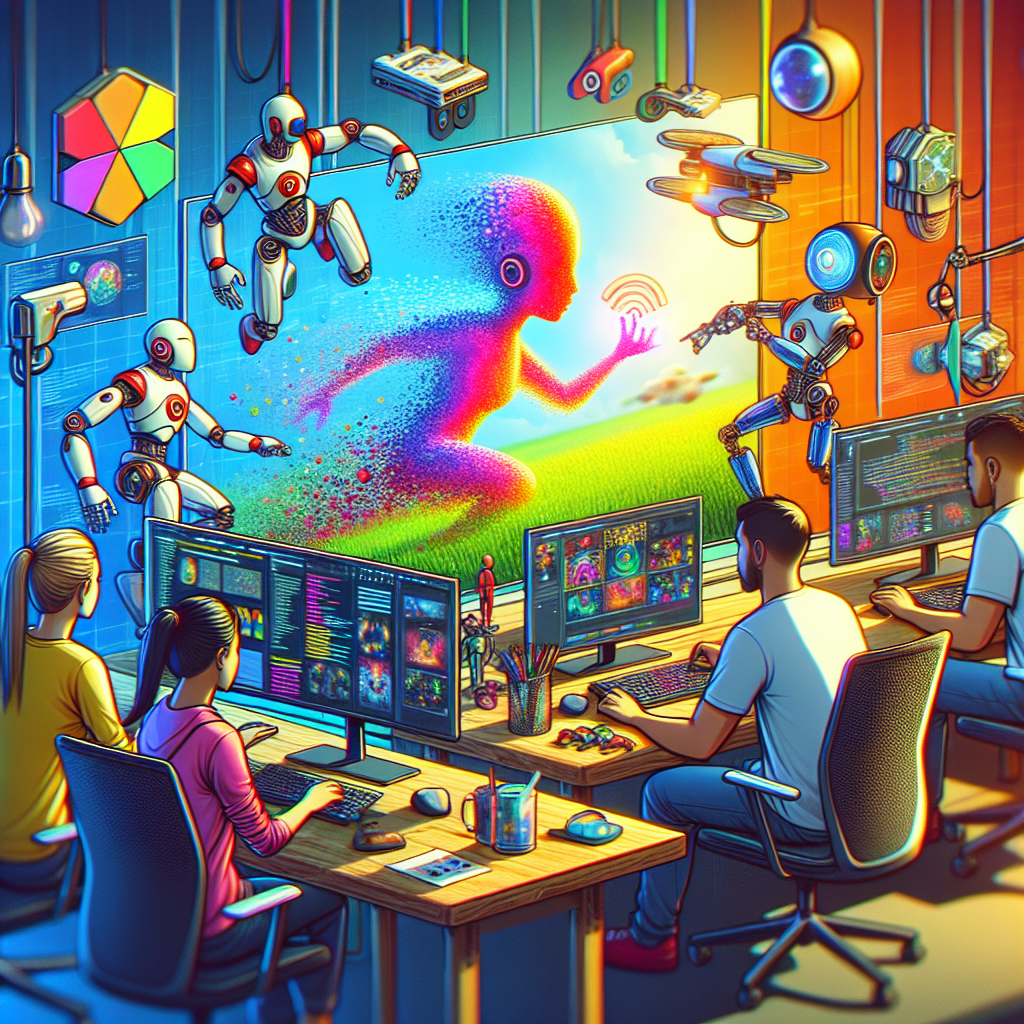In recent years, the gaming industry has made significant strides in addressing mental health issues through interactive storytelling and gameplay. Many developers are creating games pioneering mental health awareness, aiming to educate players and foster empathy. These games not only entertain but also provide a platform for discussing mental health topics, breaking down stigmas, and promoting understanding.
Exploring the Landscape of Mental Health in Gaming
Games pioneering mental health awareness often incorporate themes of anxiety, depression, and trauma into their narratives. Titles like “Hellblade: Senua’s Sacrifice” stand out as prime examples. This game immerses players in the mind of Senua, a warrior struggling with psychosis. Through its captivating storytelling and realistic portrayal of mental illness, players gain insight into Senua’s experiences, fostering empathy and understanding.

Another notable title is “Celeste,” a platformer that tackles themes of anxiety and self-doubt. Players guide the protagonist, Madeline, as she climbs a mountain, symbolizing her struggle with mental health. The game’s mechanics cleverly reflect the challenges of mental health, using gameplay to illustrate the emotional hurdles one faces in real life.
Innovative Approaches to Gameplay and Storytelling
Games pioneering mental health awareness often employ unique gameplay mechanics to convey their messages. For instance, “Night in the Woods” uses a rich narrative and relatable characters to explore issues like depression and existential dread. The game encourages players to engage with its world and characters, promoting reflection on personal experiences with mental health.

Furthermore, “Gris” offers a visually stunning interpretation of overcoming grief and emotional struggles. The game’s art style and music create a soothing atmosphere, allowing players to experience a journey through various emotional states. By blending gameplay with emotional storytelling, these games create a safe space for players to confront their feelings.
The Importance of Representation and Dialogue
The rise of games pioneering mental health awareness highlights the importance of representation in the gaming industry. By portraying mental health issues authentically, developers can foster dialogue around topics that are often stigmatized. This representation not only helps players feel seen and understood but also encourages conversations that can lead to greater awareness and support.
As more games tackle mental health themes, they contribute to a cultural shift in how society views mental well-being. Players are empowered to share their experiences, seek help, and support one another. The potential for games to act as therapeutic tools continues to grow, with developers exploring innovative ways to address mental health in engaging and meaningful ways.
In conclusion, the future of gaming looks promising for mental health awareness. With more titles emerging that address these important topics, players can expect to see a continued focus on empathy, understanding, and representation. The games pioneering mental health awareness not only entertain but also serve as powerful tools for education and dialogue, paving the way for a more compassionate gaming community.
Some content and/or images on this page were created using AI.





